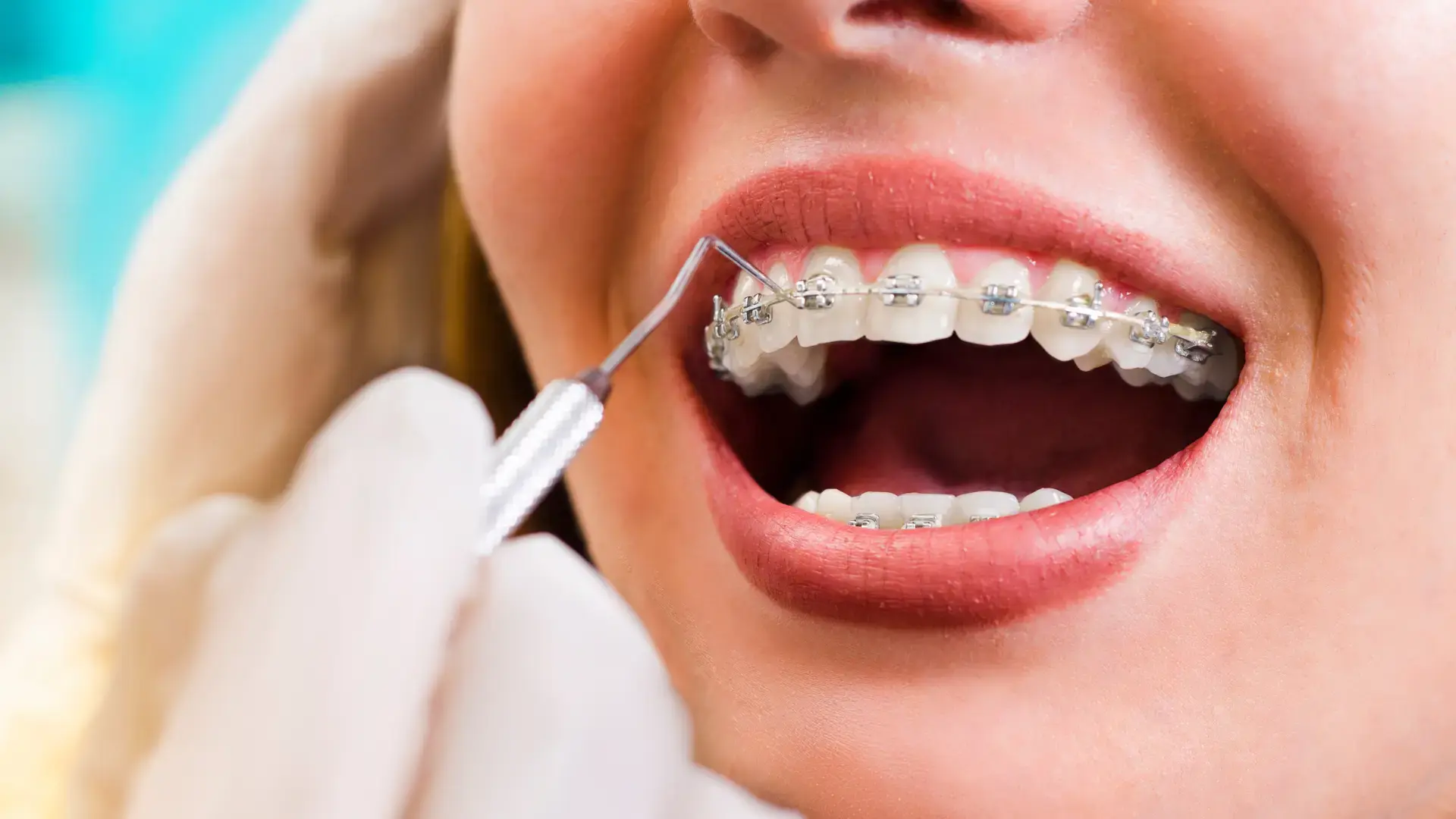Battling Bad Breath (Halitosis): Causes, Cures & When to See a Dentist
.jpeg)
Summarize with AI
While we all experience bad breath from time to time, some people endure chronic problems that interfere with daily life. If you are struggling to control your bad breath, the following guide can help.
What is Halitosis?
In essence, halitosis is the clinical term for bad breath. That said, the term is generally used to describe bad breath that doesn’t seem to go away. While it's difficult to have fresh breath 24 hours a day, some people experience lasting bad breath, despite using gum, breath mints, and mouthwash. Unlike ordinary bad breath, which tends to improve after we brush our teeth in the morning, chronic halitosis can persist for hours, days, or years. What's more, many people are unable to sense that they have bad breath unless someone tells them.
Common Signs of Bad Breath
Sometimes it's difficult to tell if you have bad breath until someone points it out. Unfortunately, this can be embarrassing, especially if you realize it has been a problem for quite a while. To check if you have bad breath, look for the following signs:
- A persistent unpleasant taste in your mouth
- A yellow or white coating on your tongue (check in the mirror)
- Dry mouth or a sticky feeling
- Other people have mentioned your breath
- A bad smell when you lick and sniff the inside of your wrist (tip: Wash your wrist first to avoid picking up other odors or germs)
What Causes Bad Breath?
Bad breath can occur for a variety of reasons, including:
- Poor oral hygiene and bacterial buildup
- Gum disease and tooth decay
- Dry mouth (xerostomia)
- Diet (e.g., onions, garlic, coffee)
- Smoking or chewing tobacco
- Ill-fitting dentures
- Underlying health conditions (e.g., diabetes, GERD, liver/kidney issues)
People can often eliminate bad breath by brushing and flossing more regularly. If you can't improve your bad breath through personal care, see a local dentist to look for underlying causes and alternative treatments.
Why Dental Hygiene Matters
When we don’t regularly clean our teeth, leftover food particles create the perfect environment for bacteria to thrive, especially around the gums, between the teeth, and on the tongue. As these bacteria break down food debris, they release volatile sulfur compounds (VSCs), which are responsible for that unpleasant rotten-egg odor we associate with bad breath.
The best way to stop this process is through consistent oral hygiene. Brushing twice daily, flossing daily, and using a tongue scraper help remove the food and bacteria that cause odor. Regular professional cleanings are also essential for reaching areas your toothbrush can’t. Visit your nearest Gentle Dental location to keep your mouth healthy, fresh, and free from the bacteria that cause bad breath.
Health Conditions That Can Trigger Halitosis
- Periodontal (gum) disease
- Dry mouth from medications
- Respiratory infections or sinus problems
- Acid reflux or GERD
- Liver or kidney disorders
- Diabetes
How to Get Rid of Bad Breath
There are all sorts of products that claim to eliminate halitosis. In reality, the only effective way to eliminate bad breath is by improving your dental hygiene. Follow this daily checklist to help get rid of bad breath:
- Brush after meals
- Floss at least once a day
- Clean your tongue with a scraper
- Drink plenty of water
- Avoid odor-causing foods
- Use antibacterial toothpaste or mouthwash
The best way to prevent bad breath is by brushing and flossing on a regular basis. You should also visit your dentist for regular cleanings to eliminate tartar and plaque from hard-to-reach areas. There are also certain foods that can make your breath smell foul. Onions, garlic, and coffee can all be detected on your breath for up to 72 hours after consumption. Some foods, such as garlic, even emit odor through the lungs after they are digested.
Do Home Remedies Work?
Contrary to what you may have heard, there is no home remedy that can eliminate bad breath. While mints and mouthwash might conceal bad breath for a while, the problem will return once these wear off. To eliminate bad breath, you have to eliminate the bacteria that are causing it in the first place. This means improving your oral hygiene. It can also mean drinking more water to flush away bacteria and keep your mouth from getting dry.
When to See a Dentist for Bad Breath
Tried brushing, flossing, and staying hydrated, but still dealing with bad breath? It’s time to see a dentist. Bad breath can signal gum disease, bacterial buildup, or other dental issues that need professional care. A dentist can pinpoint the cause and recommend treatments like antibacterial rinses, deep cleanings, or updates to old dental work. Schedule an appointment with your dentist to get personalized advice for getting fresher breath.
Say Goodbye to Bad Breath—Visit Gentle Dental Today
Chronic bad breath isn’t just embarrassing; it could signify something more serious. At Gentle Dental, our experienced team is here to help you get to the root of the issue with expert care and personalized solutions. Don’t let bad breath hold you back! Schedule your appointment today and take the first step toward a healthier, fresher smile.


